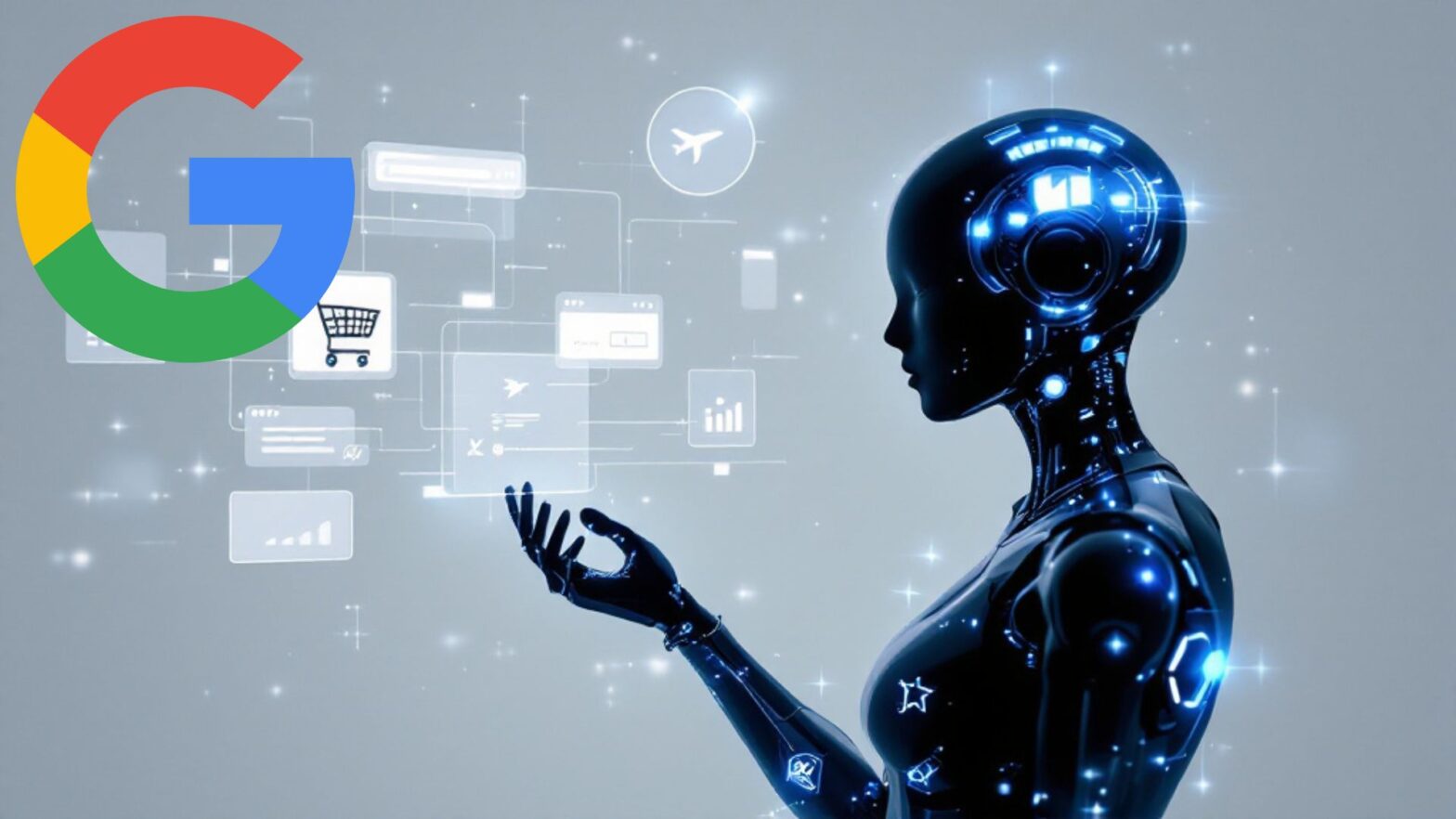Google is reportedly developing an ambitious AI system codenamed Project Jarvis, designed to automate everyday web-based tasks through Chrome browser. According to The Information, the tech giant could unveil this groundbreaking technology as early as December 2024, alongside its anticipated Gemini 2.0 AI model release.
The project represents Google’s entry into the emerging field of autonomous AI agents, following similar initiatives from competitors like Anthropic and Microsoft. Sources familiar with the project indicate that Jarvis will be capable of executing complex tasks such as conducting research, making purchases, and booking flights independently through web browsers.
Dr. Sarah Chen, AI Research Director at Stanford’s Digital Ethics Institute, notes, “While this technology promises significant advancement in user productivity, we must carefully consider the implications of delegating sensitive tasks to AI systems.”
The development of Project Jarvis comes at a crucial time in the AI industry’s evolution. Unlike existing AI chatbots, this system is designed to actively interact with web interfaces, interpreting screenshots and executing actions through clicking and text entry. Current testing shows response times of “a few seconds” between actions, suggesting the technology is still being refined.
Mark Thompson, Chief Security Analyst at CyberSafe Solutions, raises important concerns: “The integration of AI agents with browser-based activities presents unique security challenges. Organizations must establish robust frameworks to protect user data while maintaining functionality.”
Google’s approach differs from competitors by focusing specifically on browser-based automation. Microsoft’s Copilot Vision offers webpage interaction capabilities, while Anthropic’s Claude provides computer use features in beta. Apple is also developing screen-aware AI capabilities for cross-application functionality.
The project faces several challenges, including privacy concerns and potential regulatory scrutiny. Industry experts suggest that Google plans to initially release Jarvis to a limited group of testers to identify and resolve potential issues before a wider rollout.
As AI continues to reshape our digital interactions, Project Jarvis represents a significant step toward more autonomous computing experiences. However, its success will likely depend on striking the right balance between automation efficiency and user privacy protection.















